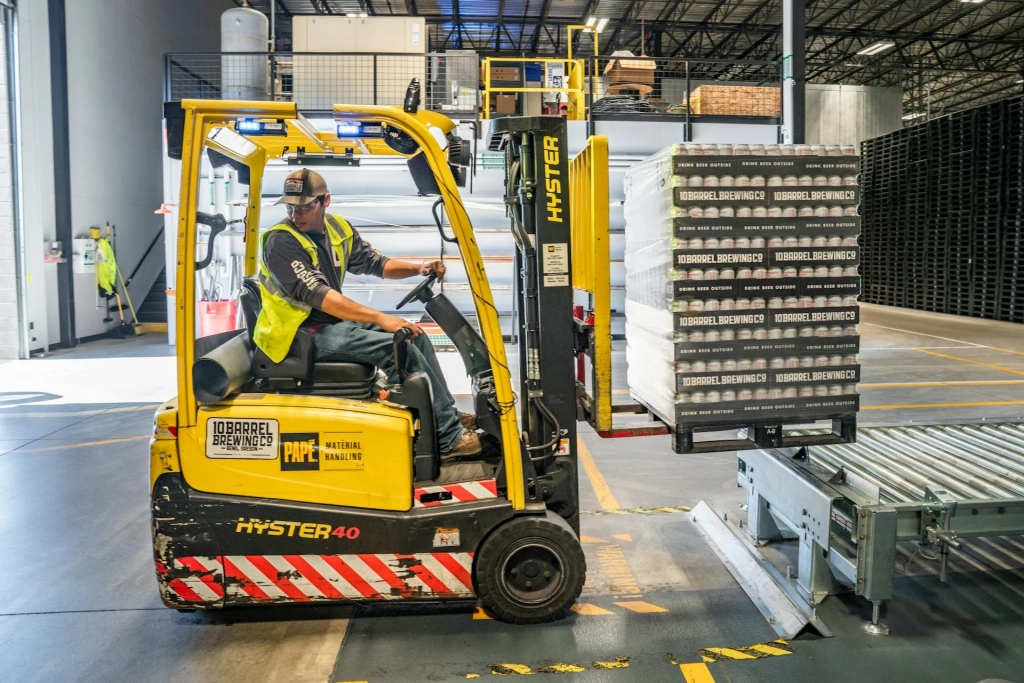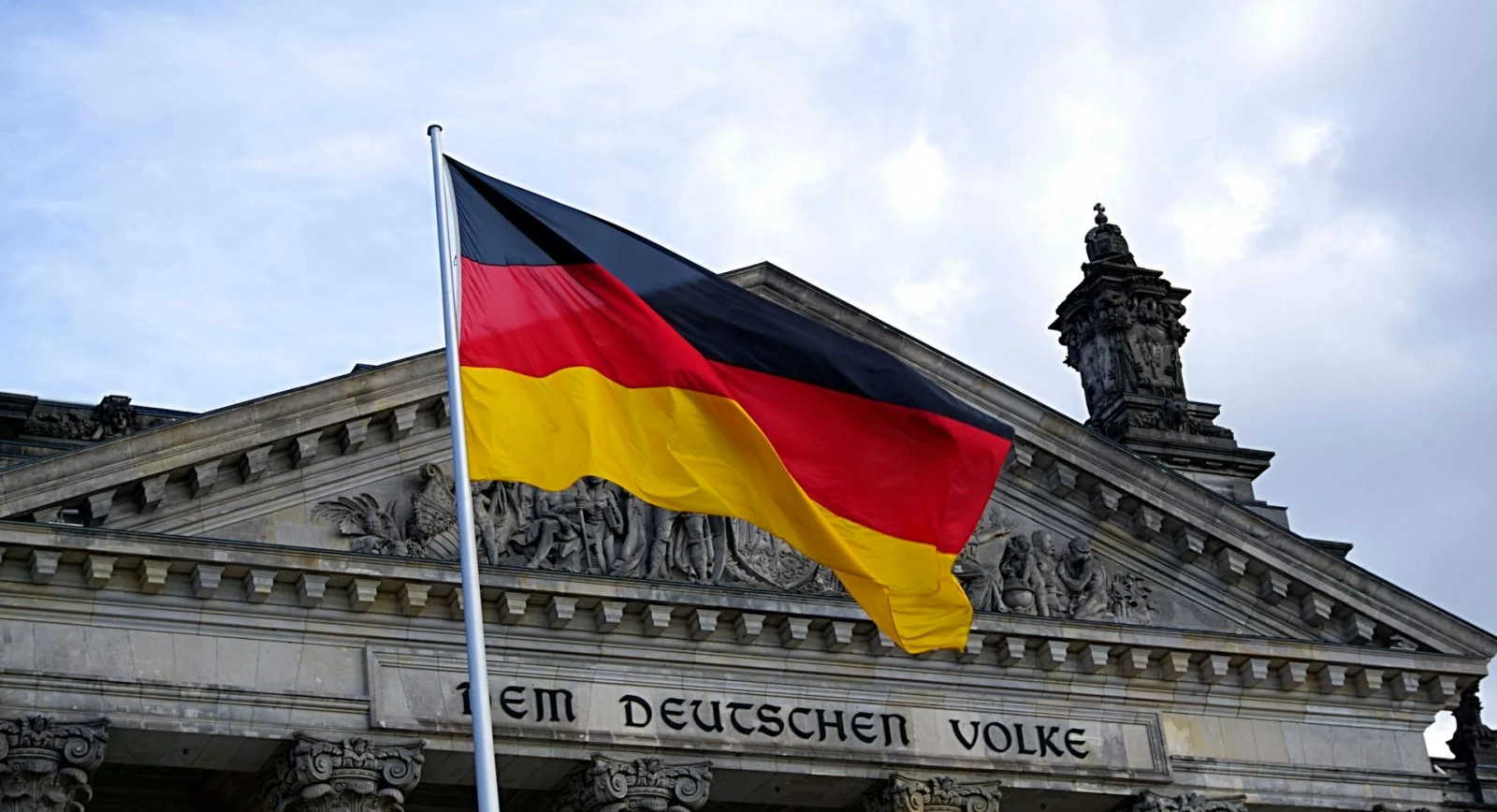Germany isn’t just a key player in Europe’s economy, but a global highflyer that’s renowned for its engineering, tech-savvy business landscape, and thriving startup ecosystem. Being one of the leaders of the global automotive industry, Germany is also a considerable driving force of renewable energy and even breakthroughs in AI technology.
What makes the country so successful in these areas? Is it the renowned German work ethic? Or is it other characteristics of the work environment in Germany that help the country achieve such remarkable results in various sectors? In this article, we deep-dive into the ins and outs of the work culture in Germany to help you better understand this powerhouse.
A Culture Rooted in Punctuality
Germany’s working culture is structured, efficient, characterised by precise planning, direct communication, teamwork, accountability, with a strong focus on work-life balance. All of this creates a stable job market, with over 46.1 million people being employed.
As a newcomer to the country, understanding the local workplace environment, communication, and expectations is critical to adapt quickly. This is especially crucial in terms of communication, workplace behavior and punctuality. These values aren’t just formalities; they shape how work gets done and how people collaborate every day.
They Key Elements of The Work Culture in Germany
Germany has an organised business environment, high standards, and businesses that are committed to deliver quality. The work culture combines innovation and discipline, which makes it a globally competitive economy where timeliness, planning, and clear communication with laid-out processes drive decision-making and mutual respect.
1. Ordnung
- Ordnung or order is the foundation of Germany’s work culture. This principle represents cautious and detailed planning, impeccable organisation, and rigorous adherence to the established rules and processes, ensuring predictability and efficiency. As the Germans say, “Ordnung muss sein,” or “there must be order.” This phrase reflects an entire national ethos and societal preference for professionalism in planning not just in work but in social interactions as well.
- The principle of Ordnung means that the workflows are standardised and well-documented/ The approach toward work is structured and there’s little to no room for improvisation.
- Planning always takes centre-stage. It’s the first step of every project, with well documented deadlines, meetings, and task schedules, ensuring clear direction for everyone.
- While some work cultures may thrive on adaptability, the work environment in Germany is precise and predictable. There are no sudden changes, last-minute shifts and plan deviations, only in cases when it’s absolutely necessary.
- Documentation is also a must, with accurate records, adhering to company guidelines and strict standards.
2. Pünktlichkeit
Punctuality is another major characteristic of German workplace culture. Missing deadlines, arriving late, or untimely responses in communications are often viewed as disrespectful and unprofessional. Being on time means arriving before the schedule starts, so when it’s finally time to begin, you are already at your station.

Source: Pexels
Calendars are set in advance and even a small delay of a few minutes can be viewed as a sign of disrespect. Germans are punctual in every sense, and understanding this cultural norm goes a long way in adapting to their high standards.
3. Communication
Being a factual, direct, and to-the-point communicator is the norm in the work environment in Germany. Express your thoughts transparently and honestly. It may seem blunt if you are from a different cultural background, but Germans are focused on solving the problem and not on pleasantries and vague statements.
If you receive criticism, it will most likely be constructive while feedback will be straightforward. Even then, every piece of information aims to address potential problems and seek guidance in helping to solve the problem. Again, this may seem blunt but here, it’s a sign of respect and professionalism.
4. Structured Hierarchy
Where’s order, there’s also structure. German businesses have a well-defined hierarchy, where every role has clear responsibilities. Higher-ups make decisions based on data, and senior management has the power to approve any significant initiatives or changes.
The system isn’t completely rigid, however. Employees can share their views and may offer insight, but leaders make the decisions, based on data, research, and long-term planning. Such a system requires workers to know how to operate with a strict hierarchy, and respect leadership. Also, the insight you offer when contributing to initiatives, should be well-justified.
5. Be and Look Professional
No matter the industry, you are always expected to show up professionally, neatly, and subtly. Extravagant accessories, bright colors, and overly casual clothing are generally avoided. While for the most part, blue-collar workers will wear work apparel, dressing appropriately for meetings, corporate events, and client interactions is highly recommended.
6. Rights and Job Security
Germany has one of the best worker’s laws in the world. Employment is protective, tremendously improving job security, making it difficult for employers to terminate employees without valid reasons.

Source: Pexels
Documents such as the Kündigungsschutzgesetz (Protection Against Unfair Dismissal Act), and the Betriebsverfassungsgesetz (Works Constitution Act) provide employee safeguards and enables workers to form councils and negotiate benefits, wages, and work conditions.
7. Work-Life Balance
There are countries that believe that long hours equals productivity, German workplace culture focuses on efficiency instead of excessiveness. Employees should strive to finish their work during regular work hours.
The law regulates that workers in Germany shouldn’t work more than 8 hours per day or 48 hours a week. There’s also a minimum of 20 vacation days every year, but many companies offer more vacation days, so the average is around 28 per year.
The Benefits of The Germany’s Work Culture
By looking at the things we gathered above, it’s easy to see that this is a pro-employee, efficient, and well-structured work environment where people can enjoy stable careers. In addition to the things mentioned above, here are some more key advantages of the German workplace culture:
- Great Employee Protections: Security is the basis of the German work ethic. Germany has regulated working conditions and fair wages. Companies can only terminate employees if they have valid reasons, giving a chance for everyone to create a stable long-term career.
- Exceptional Salaries: The salaries are highly competitive in the country, and wages are often indexed to industry benchmarks and even inflation.
- Career Development: Germany’s work culture puts huge emphasis on lifelong learning, which also translates into your work life. Companies invest in employee training, upskills programs, and development training to help workers expand their expertise.
- Healthcare and Social Security: Germany has one of the best social security systems across the globe. Unemployment benefits, pension funds, parental leave, and health insurance are also standard for employees and their families.
- Work-Life Balance: Working hour regulations are strict and most employers support flexible work schedules along with generous vacation policies to combat burnout and increase productivity.
- Stable Economy and Innovative Work Environment: Germany is the largest economy in Europe, meaning that economic growth is stable. This also gives way to innovation, technical advancements, and research, propelling industries further, often making work easier, and more efficient.
- Work Transparency and Integrity: The entire German economy focuses on transparency and fairness, with companies operating ethically, regulatory compliance, and clear structures. Employees can adjust to merit-based growth, structured work roles, and well-defined career paths.

Source: Pexels
The Future of The Work Environment in Germany
German workplace culture has been long rooted in efficiency and structure but it also adjusts to modern standards and needs. More than half of employers in the country offer hybrid, remote or flexible work arrangements for their employees, a trend which puts an even stronger emphasis on work-life balance. Also, four-day workweek trials and other experimental arrangements help reshape the lives of German workers, who seemingly support the trials.
Digital transformation and AI integration are also changing jobs, prompting upskilling initiatives. The traditional hierarchies are also changing to flatter work structures and sustainability is driving the latest advancements in production. Lastly, Germany’s increasingly diverse workforce is pushing DEI (Diversity, Equity, Inclusion) to the forefront, as employers adapt to a multicultural labor market through inclusive hiring and cultural training.
Embrace Germany’s Work Culture
The work culture in Germany is built on structure, striving for precision and efficiency, making it a stable, predictable, and secure work environment. The robust economy offers a myriad of opportunities and the competitive salaries, secure jobs, and stability offer a great chance to grow both professionally and personally.
Still, the direct, often blunt communication style, the hierarchical decision-making, strict structures, and efficiency-driven work styles may take a little time to get used to. That said, If you are up for the challenge, and ready to embrace a work culture fueled by growth, browse our job offers from Germany. We’re here to help you get started.

 English
English  Lietuvių
Lietuvių  Latviešu
Latviešu  Polski
Polski  Português
Português  Română
Română  Slovenčina
Slovenčina  Magyar
Magyar  Русский
Русский  Espanol
Espanol  България
България  Čeština
Čeština  Italy
Italy  Croatia
Croatia  Greek
Greek 

